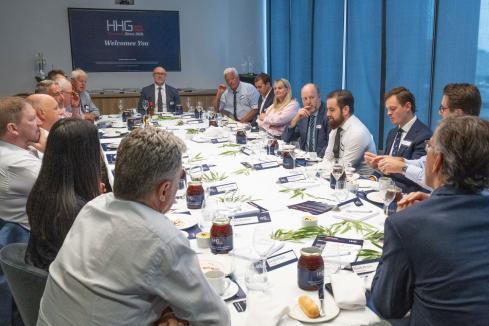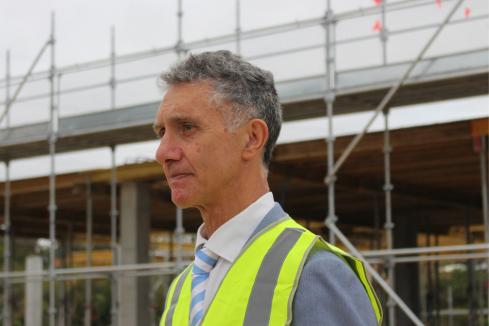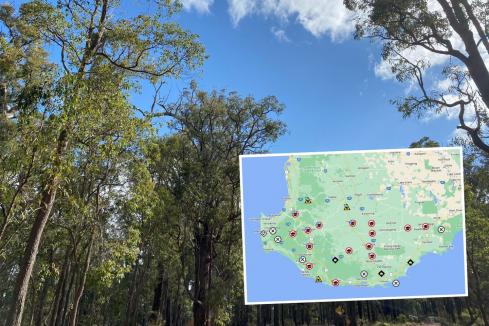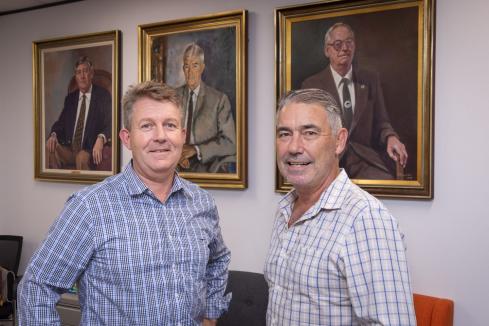WA employers want more input into federal policy in order to stop a repeat of the ‘Karratha problem’.

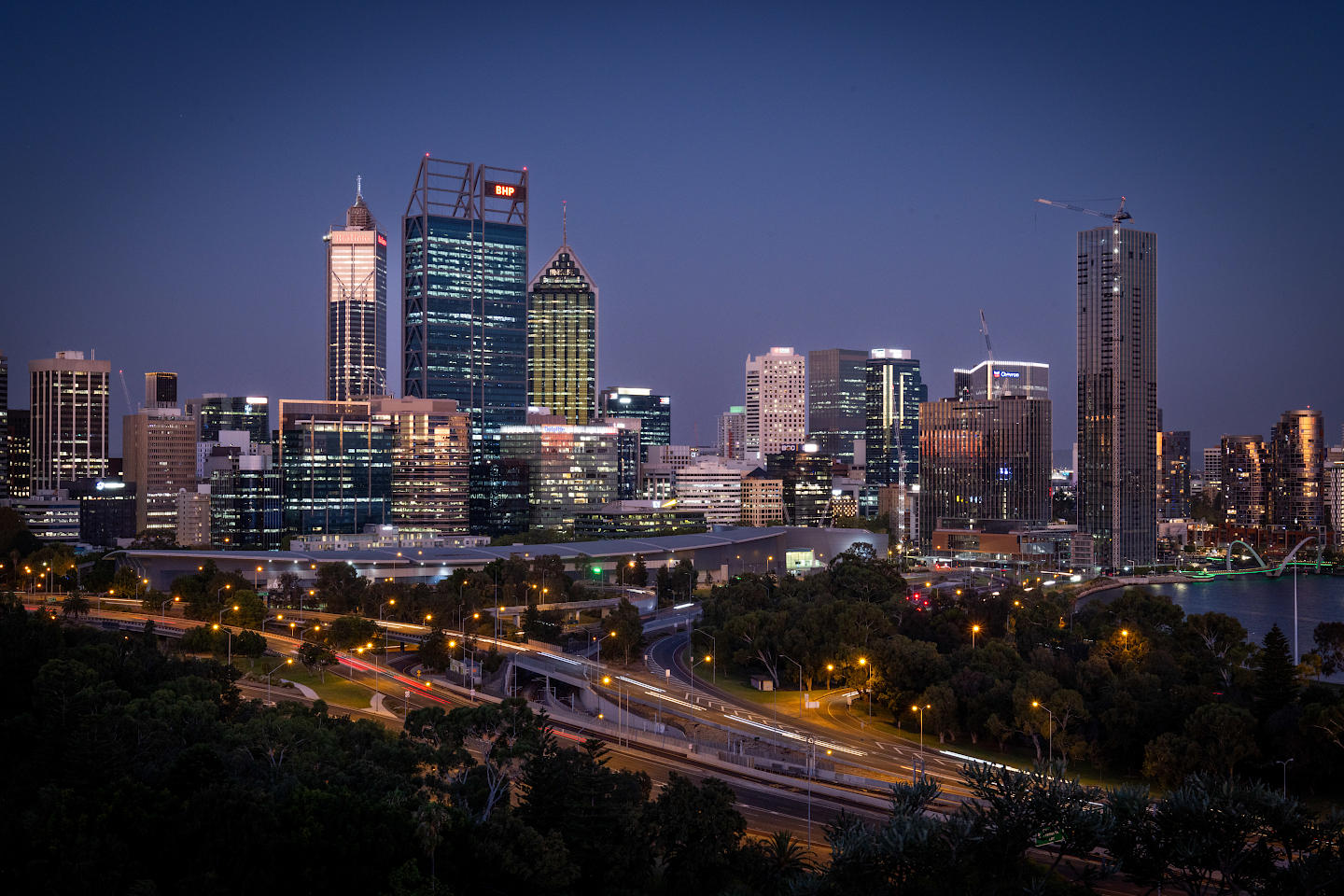
In 2006, it seemed like everyone was enjoying the spoils of a booming state economy.
Everyone, that is, except the Education Department of WA.
Short of workers, the department had to fly in teams of cleaners from Perth to Karratha to clean the local high school, at a cost of tens of thousands of dollars a week.
Eyeing a profit opportunity, a local contractor eventually took over the work at double what it would usually cost to clean a high school.
The boom times may have subsided, but industry representatives know that another severe employee shortage is just around the corner.
Chamber of Commerce and Industry WA chief executive James Pearson says migration is a highly charged political issue into which the state should have more input.
"Federal governments in 2009 don't get made and un-made in Western Australia. They get made or un-made on the eastern seaboard, and the eastern seaboard economies are going to struggle to keep pace with our economy, so Canberra will be more concerned how it plays in the western suburbs of Sydney than how it plays in Perth," Mr Pearson says.
"Most people accept that migration is an issue for the national (government) rather than state government because there are elements of national policy considerations in it, but we would argue that the state needs more influence over numbers, types, sending countries and so on."
While there are national bodies that receive state input (and the federal Immigration Minister Chris Evans is Western Australian), attendees at the WA Business News migration roundtable expressed concern at the Canberra-dominated policies.
"In so many areas government moves like a glacier," Seashells Hospitality Group managing director Paul King told the forum.
But sometimes the government moves too quickly.
"Often, an outcome is thrust upon us with a deadline that starts tomorrow," said Phil de Garis, managing director of Education & Training International.
"If someone has come out here and they are doing an engineering diploma because that will lead to permanent residency, and then suddenly it's taken off the critical skills list when they are three-quarters of the way through it, the whole thing turns around overnight. The government say that's the only way we can do it. Those bureaucratic processes make it difficult for everyone."
Go west
At around the same time as cleaners were being flown to Karratha, the state government launched its Go West Now campaign.
Juliet Gisbourne, director of policy and planning at the Small Business Development Corporation, said that sort of campaign could have some impact in alleviating skills shortages, but it was not a long-term solution.
"It was moderately successful when things were really difficult but as soon as things started to ease off we dropped the campaign very quickly," Ms Gisbourne said.
"We need a plan that looks at the medium and the longer term and I think that's what is missing at the moment.
"You can't simply look at bringing people in, you have to look at the training aspects."
At the height of the skills shortage in 2006 and 2007, there were offers to triple a brickie labourer's pay in Melbourne to work as a rigger on a Perth mine site earning $150,000.
During labour shortages, mine site workers may also expect to receive free accommodation, meals, hotel stays in Perth as required, and return airfares to their home city.
While the high wages and incentives may have plugged a few workplace holes, few employers have that sort of money to throw around.
According to attendees at the roundtable, no amount of local or interstate training and hiring can meet the state's labour needs.
"The labour market can't just deliver that volume of people and it's going to get worse," Fragomen migration agent Tim Harper said.
With attempts to lure those from the east resulting in moderate success, it is no wonder that employers often opt for the 'far east' (or, more accurately, the near north).
And it appears those from the far east are also choosing Australia.
Richard Swarbreck, senior partner at UHY Haines Norton, said the vast bulk of business migrants now came from China.
Business migrants are those with a certain level of financing and employment history that come to Australia to set up a business.
Mr Swarbreck said that, while there are cases of business migrants entering the country with only just enough financing to fulfil their visa requirements, the system worked well.
"It's not perfect but I think the program that we have for business migrants is pretty good," he said.
Bottlenecks
Attendees at the roundtable were generally supportive of many workplace and skilled migration initiatives, although the speed of the processes regularly came under question.
"It is now compulsory to form a labour agreement to employ workers in high-demand occupations such as riggers, scaffolders and crane drivers. But employers obtaining the agreements are reporting lengthy processing times."It's going to be a reality when a project needs 60 riggers or 60 scaffolders," Noelene Merrey, founder of migration specialist company ISA Group, said.
She said the ideas behind many of the requirements placed on potential workers were sound, but the result could be burdensome.
"I agree with the physical skills test, I agree to have a certain level of English for occupational health and safety, I agree with fair work, fair pay, but it's just, how many hoops do you have to keep jumping through?" Ms Merrey asked.
Mr Pearson said Canberra needed to realise that WA had special workforce needs and that was only going to be met meaningfully through overseas migration.
"No-one has been able to solve that problem [of attracting from the eastern states] and I don't think we should get too stressed about solving it. Overseas migration into WA works, it's how the state was built," Mr Pearson told the forum.
When city-dwellers start to feel the effects of a labour shortage, it's almost certain that regional centres and their employers are suffering even more.
Mr Pearson recently visited several Wheatbelt communities, all of which had jobs on offer with no-one willing to fill them.
"We heard that, apart from the difficulties of getting people to come in and then stay in those communities, there wasn't the affordable housing available or social infrastructure to support the influx of people that was required," Mr Pearson said.
"There are a lot of levers that need to be pulled to get this problem solved in the regional areas."
For Andrew Mostyn, executive director of diversified food and agribusiness company Craig Mostyn, it's necessary to bring in foreign employees to supplement the Linley Valley abattoir workforce.
"We wouldn't want to see it being made any more difficult as it currently is to bring in workers because we do perform some pretty fundamental tasks," Mr Mostyn said.
"You won't be having that lovely pork rack on the weekend if we can't process that in the abattoir."









